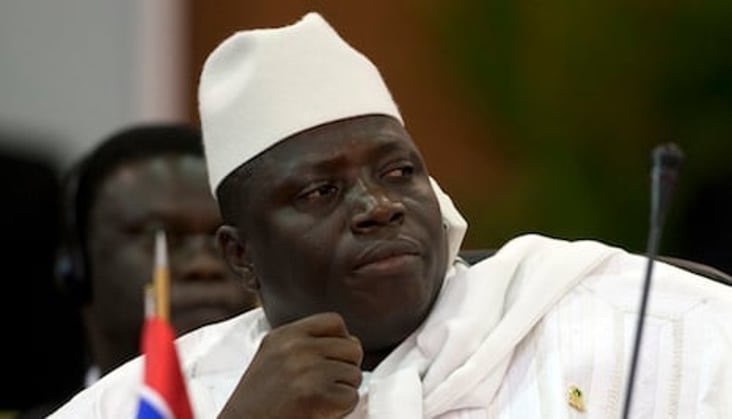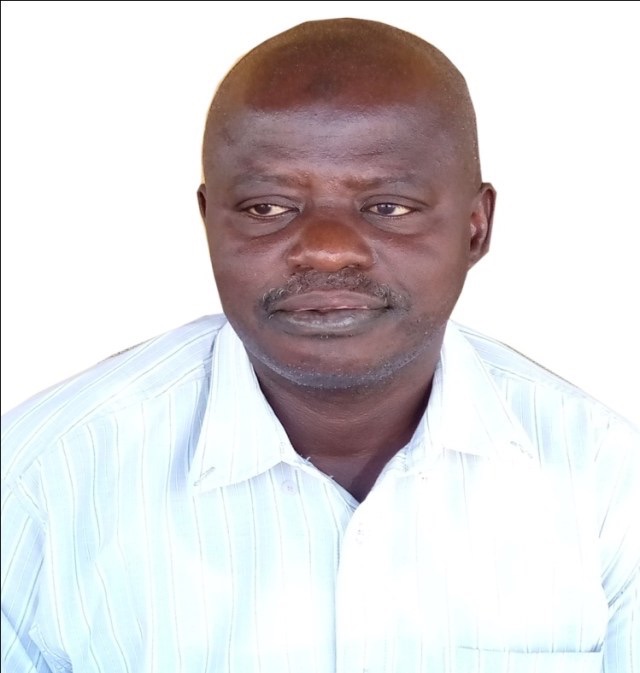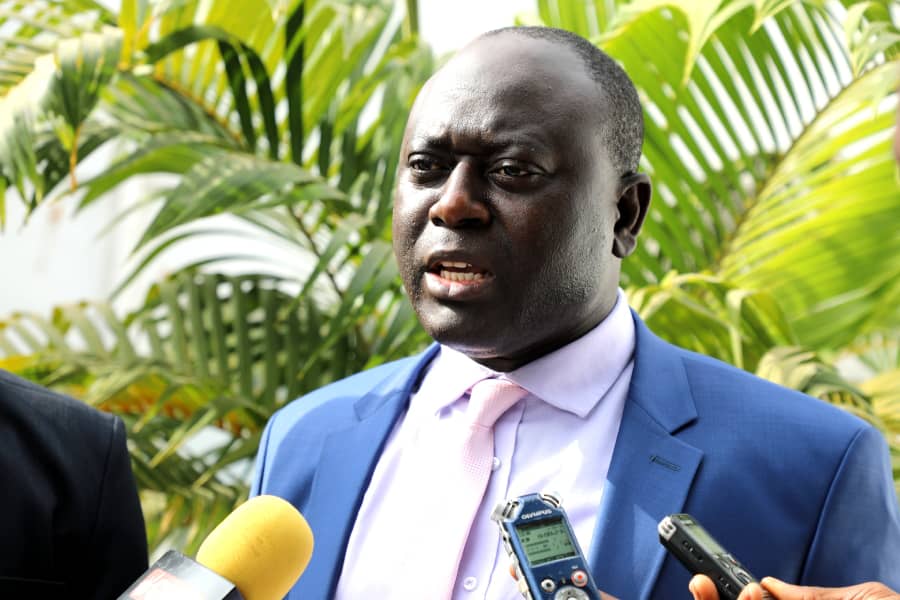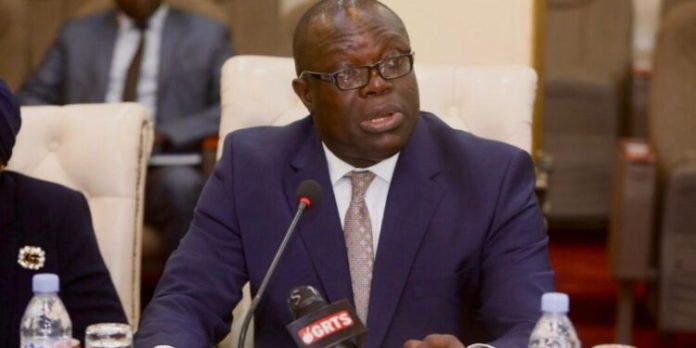By Jonas Nyabor, Sheriff Bojang Jnr
The ECOWAS court’s order for Ghana to release critical information relating to the 2005 massacre of Ghanaians in The Gambia represents a partial victory for affected families. Now they are seeking urgent action from the government to compensate them.
The ECOWAS Court of Justice has given the government of Ghana four months to release all critical information related to the investigation into the 2005 torture and killing in The Gambia of West Africans, including 44 Ghanaians.
The case was brought by Isaac Mensah, whose father, Peter Mensah, was among those killed in the massacre, and civil society group African Network against Extrajudicial Killings and Enforced Disappearances (ANEKED).
The plaintiffs sought to compel Ghana to give Mensah access to information on his father’s death including a 2009 joint UN/ECOWAS investigation report into the killings and coroner’s report on bodies evacuated to Ghana from The Gambia. They also asked the court to order Ghana to pay $1.5m as compensation to Mensah for his father’s death.
The court, however, did not determine that Ghana pay him the requested compensation because it lacked jurisdiction.
The ruling left the families with mixed feelings – relieved by the court’s directive but frustrated by the lack of financial reparation.
William Nyarko, a lawyer and coordinator of the Jammeh2Justice (J2J) Ghana coalition, tells The Africa Report that the court’s ruling is long overdue. Nyarko, representing the victims’ families in their quest for justice, says the government has withheld all the crucial reports on the 2005 incident including reports from a joint ECOWAS commission.
“We’ve written to the Ministry of Foreign Affairs, but the report was never released. It is the government’s duty to provide the report and make it available,” Nyarko says.
The 44 Ghanaians were the majority of a group of West African migrants who were executed by Gambian security forces on 22 July 2005 under former president YahyaJammeh’s directive. The killings followed the arrest of the migrants – including nine Nigerians, two Togolese and nationals of Cote d’Ivoire and Senegal – who were bound for Europe after their boat landed in The Gambia.
The confessions by the Junglers confirmed what many people already knew: the migrants were massacred
In 2019, members of Jammeh’s notorious military hit squad called the Junglers (aka Jungulars), confessed before The Gambia’s Truth, Reconciliation and Reparations Commission (TRRC) that they took part in the summary execution of the West African migrants.
Two of Jammeh’s elite guards – Lieutenant Malick Jattaand Corporal Omar Jallow – as well as other soldiers linked the former president to the massacre. They said they were told the migrants were mercenaries who were in the country to topple the government.
“The confessions by the Junglers confirmed what many people already knew: the migrants were massacred,” says Amadou Gaye, a Gambian human rights research assistant.
“What the confessions clarified is the motive for the massacre. Thanks to the TRRC testimonies of the Junglers, we came to know that they were murdered in cold blood as a result of Jammeh’s paranoia that everybody was a mercenary wanting to kill him and overthrow his government,” Gaye tells The Africa Report.
The TRRC recommended, and the Gambian government accepted, that Jammeh and 11 “enablers and accomplices be prosecuted for their role in the unlawful killings of the West African migrants and the cover-up of the killings”.
It also recommended The Gambia to pay $650,000 compensation to the victims’ families. This money was not paid.
‘The government of Ghana is not treating us well’
In Ghana, the families of the victims say they were looking forward to the government taking the lead in seeking justice for them from The Gambia but this has not happened.
They say the ECOWAS court ruling has placed the ball firmly in Ghana’s court, with the families urging the authorities to take decisive action.
Ever since this happened [19 years ago], no major step has been taken to help us get justice
“We will pursue the issue of compensation,” Nyarko says. “What Ghana needs to do, which it hasn’t done, is regrettable. Our government has not followed up. They have not made the demand to The Gambia to claim the [compensation].”
Some of the family members pursuing the case have died. Those who are still around say they have been left frustrated and in despair over the loss of their breadwinners, a problem compounded by the government’s alleged lack of support.
Emmanuel Oduro-Mensah Gershon, spokesperson for the affected families and brother of one of the deceased, tells The Africa Report that the families feel betrayed by the government’s laid-back approach to their plight.
“We are saddened because the government of Ghana is not treating us well. It is as if we are not human beings. Ever since this happened [19 years ago], no major step has been taken to help us get justice,” he says.
When the TRRC released its report in 2021, the families expected the Ghanaian government to make a public statement in solidarity with them, but they’ve been met with silence.
“We thought the government of Ghana would take it up and at least make a statement, but they failed. We are not happy with the government. They are showing no interest in the case,” Gershon adds.
The J2J Ghana coalition says it will collaborate with civil society organisations to take the case to the international stage, hoping that Ghana will be compelled to recover the compensation.
Efforts to get a response from the Ghanaian government on the case have been futile.
“We leave everything to God and we are doing our best to keep fighting,” Gershon says. Credit/ culled from www.theafricareport.com/





